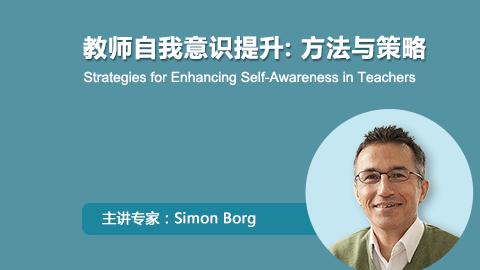1. Professional Development
(1)Knowledge Growth
knowledge---subject matter(English),instruction(How to teach, skills for teaching), learners( How they learn), curriculum(What contains),self(Understanding of ourself)
(2)Self-Awareness
Behaviour(Being aware of what we do)
Rationale(Being aware of where we do,what we do ,Being aware of the reasons for our behaviors)
Effectiveness(being aware of how effective I work is)
2. Awareless of Behaviour
If I visited your classroom what would I notice about:
(1)how you start and end lessons
(2)the kinds of questions you ask(open questions or close questions)
(3)the kinds of activities students do . (4)your behaviour as a teacher
3. Awareness of Behaviour
Language systems
Language skills
Errors and feedback
Classroom interaction
Assessment
Critical thinking
Our sense of self may not necessarily be an accurate reflection of our actual abilities or performance. (Williams, Mercer & Ryan 2015: 45)
What-evidence
(1)Self_Observation
(2)Peer Observation
(3)Student Feedback
(4)Document Analysis
Teacher Cognition
(1)Knowledge
(2)Personal
(3)Beliefs
(4)theories
(5)Attitudes
(6)Values
Beliefs
all that one accepts or wants to be true. (Murphy & mason 2006:306)
(1) Espoused Beliefs
(2)Enacted Beliefs
Challenging Our Beliefs
(1)Learning is more effective if pupils are taught according to their learning style.
(2)Learning Styles
"... studies where teaching activities are targeted towards particular learners based on an identified learning 'style' have not convincingly shown any major benefit"
(3)Learning is more effective if students discover ideas for themselves.
Discovery Learning
"Enthusiasm for 'discovery learning' is not supported by research evidence....
Although learners do need to build new understanding on what they already know, if teachers want them to learn new ideas, knowledge or methods they need to teach them directly". (Coe at el. 2014: 23)
Awareness of Beliefs
Why-Evidence
Reflective writing,critical friends, reflective groups, autobiography。
4. Are We Effective?

